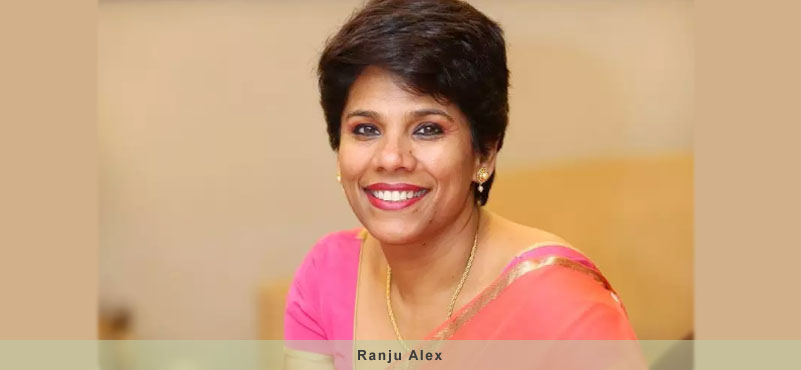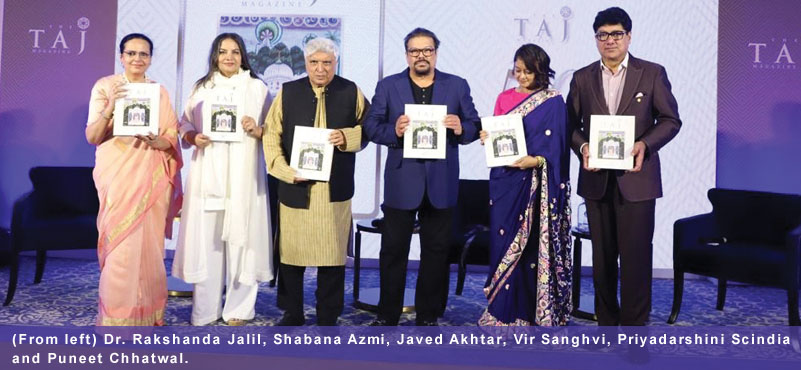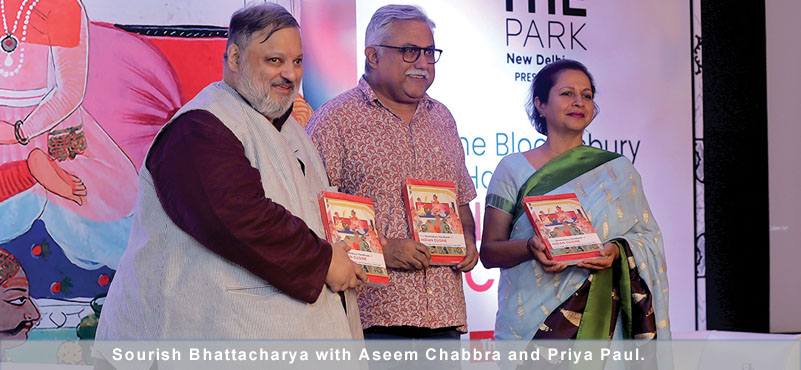Defining luxury as the ability to have time to oneself, Kal Schukowski, GM, Kempinski Hotel- Ajman called luxury service discreet and yet ever available. Looking at some of the key trends in 2016, the GM shared that achieving critical mass of volume was going to be top priority for hotels, before they could moot driving rates.

GM, KEMPINSKI HOTEL – AJMAN
What are your predictions for the top trends in 2016?
I believe that the trend is moving towards combining business with pleasure: business travellers are choosing hotels where they can stay with their spouse, to be able to enjoy a lovely holiday, as well as work– a blend of corporate and leisure activities. While 2015 was about yielding, 2016 is all about achieving the critical mass of volume in order to fill the hotels and restaurants. Once that is achieved, we can start “building” and “driving” the rate. With the increasingly short booking window, forecasting becomes more complex and last-minute. Therefore, securing the strong base early on helps hoteliers to avoid falling into the last-minute “alert mode”, where rates have to be drastically dropped.
What are the commonalities in the definition of luxury across global markets? How to bring the change?
I strongly believe that luxury is having time for yourself. We believe that a luxurious service is discreet yet available whenever you need it. People want to escape from the hustle and bustle of big cities and spend quality time with their families.
Luxury depends on people and their needs: luxury is interactive and personalized; limited yet timeless.
For instance, at Kempinski Hotel Ajman, we have the finest 12 F&B dining outlets catering to a large variety of different cuisines from around the world on the plate, as well as the bowling alley which is something unique and distinct for the UAE and certainly guarantees that the evening with the family will be fun-filled. We believe that there will be a demand for work-pleasure travel market in future where people would prefer to stay over to relax at the hotel after finishing their business.
The growth of certain categories of luxury like exotic cuisine and drinks, luxury travel and hotels shows that consumer values are transitioning. What according to you are the changes required to tap consumer value?
Food and beverage-wise, I believe that people want more diversity and our focus is on speciality restaurants as the trend is moving away from the regular all-day diners. Instead of the seamless concepts, people prefer more of an open space, like a combination of restaurant and bar fitting more into the hotel’s casual feel. As we can also see, there are a number of successful standalone restaurants taking a lot of market share from the hotels, I believe that there is a need to carefully strategize and leverage on how to run successful hotel-managed restaurants.
What are the new business models adopted by luxury brands and retailers these days.
Hospitality is a very dynamic and diverse industry but in recent times, we have seen a major shift in the way people find and book hotels, as well as their expectations of hotels. The cookie-cutter approach of a homogenous hotel portfolio is no longer only about providing rooms with breakfast, as there are a number of industry disrupters, such as Airbnb which is adding to the traditional bed-and-restaurant model, making it a very diverse and
dynamic scene.
With excess of various commencing platforms, resulting in the multiplication of consumer touch points, how can luxury marketers leverage on the digitalization of luxury brands for better future.
With the continuous technology boom, an increase in the use of technology in the hospitality industry is definitely a good and forward move. At the same time, do not forget the good old human touch as that is what makes a huge difference in keeping you a notch ahead from your competitors. Moreover, with hotels merging into mega-brands there is a further brand consolidation, while on the other side of the spectrum, boutique hotels will have their own niche and appeal.




































